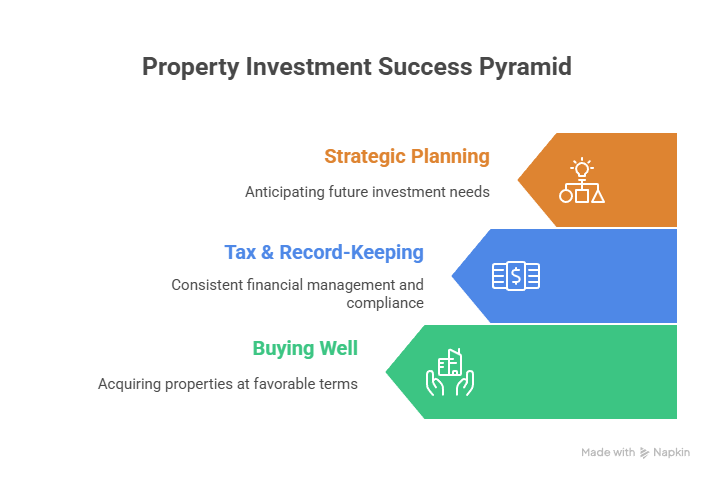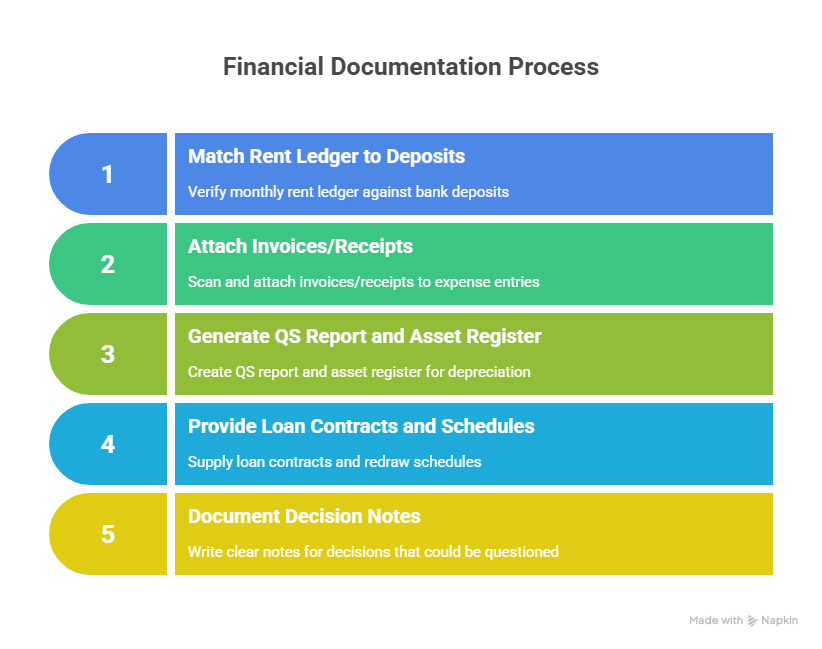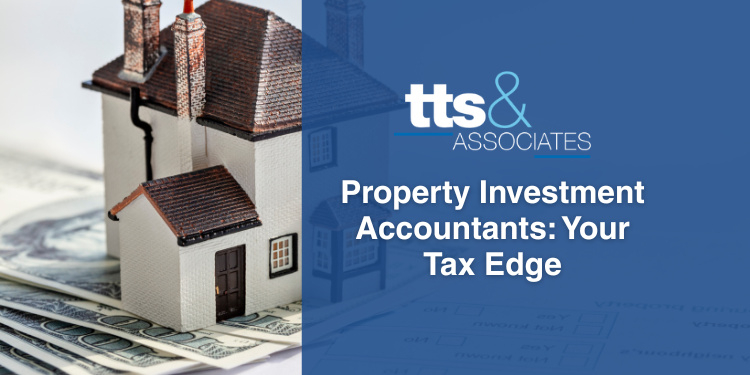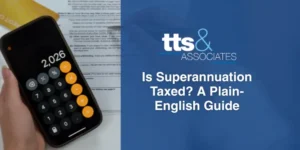A good property strategy is only half about buying well. The other half is getting the tax and record-keeping right—consistently, year after year. That’s where property investment accountants earn their keep. They help you design clean systems, claim the right deductions, and plan ahead for renovations, refinancing or a sale. This guide sets out what to expect from specialist support and the rules that most often move the dial for investors.

What property investment accountants actually do
Specialists translate ATO rules into a practical workflow you can follow. In real terms, that means:
- Building a chart of accounts aligned to rental schedules in your tax return.
- Separating repairs (generally deductible) from capital works (depreciated over time).
- Ordering and maintaining depreciation schedules from a quantity surveyor.
- Reconciling rent ledgers, interest statements and agent disbursements monthly.
- Preparing year-end files with evidence for each claim—so reviews are stress-free.
For a plain-English overview of our approach, see TTS & Associates’ Property Investment Accountant: Maximise Tax Efficiency.
The deductions that matter most
The ATO’s annual rental guide is the anchor for landlord claims and sets clear examples for common expenses and errors (see Rental properties 2025).
Key areas to get right:
- Interest on investment loans. Deductible to the extent funds are used to earn rent; mixed-purpose loans must be apportioned. The paper trail should show redraws and refinances.
- Repairs vs improvements. A leak fixed like-for-like is usually a repair; replacing an entire roof is capital and claimed as Division 43 (capital works). The ATO examples help you draw the line.
- Depreciation and capital works. Division 43 (typically 2.5% p.a. for eligible works) and Division 40 plant claims add up over time—especially for newer builds or substantial renovations.
- Travel to residential rentals. Since 1 July 2017, travel to inspect or maintain residential properties is not deductible for most individual investors. Don’t let old habits creep into your file (ATO’s rental expenses list confirms this position).

Rock solid record-keeping
ATO data matching catches mismatches between bonds, titles and interest claims quickly. Good property investment accountants set you up with:
- a monthly rent ledger matched to bank deposits;
- scanned invoices/receipts attached to each expense entry;
- a QS report and asset register for depreciation;
- loan contracts and redraw schedules to prove use of funds; and
- clear notes for decisions that could be questioned (for example, why a bathroom refresh is a repair vs improvement).
Keep records for at least five years from lodgement; keep cost-base items (like stamp duty and capital improvements) for CGT until well after sale (the ATO’s rental guide outlines expectations).
Was (or is) your home an investment property?
Moving out and renting your former home raises main residence questions—especially the “absence rule” (often called the six-year rule). Getting the timing and elections right can save substantial CGT. Review the ATO’s pages on eligibility and treating a former home as your main residence, then model both paths before you decide.
Commercial property and GST
Residential rent is input-taxed (no GST on rent; generally no credits on associated costs). Commercial leases are usually taxable where the landlord is registered for GST, so your BAS must capture 1A/1B correctly and the lease should specify GST treatment. Check the ATO’s BAS due-date rules and use SBR-enabled software to avoid coding errors.
Planning conversations to have early
- Before a renovation: Larger upgrades often shift from repair to capital. A pre-works QS schedule helps separate plant from capital works so you don’t miss deductions (ATO capital-works rules).
- Before a sale: Build a CGT working file capturing acquisition costs, selling costs, and non-deducted improvements. Consider whether any main-residence periods apply and if the 12-month CGT discount is available.
For a tax-time checklist and ongoing BAS tips (for commercial landlords), see our BAS lodgement simplified guide. Reach out to book your free chat with our knowledgeable team.
General information only – seek professional advice before acting.




